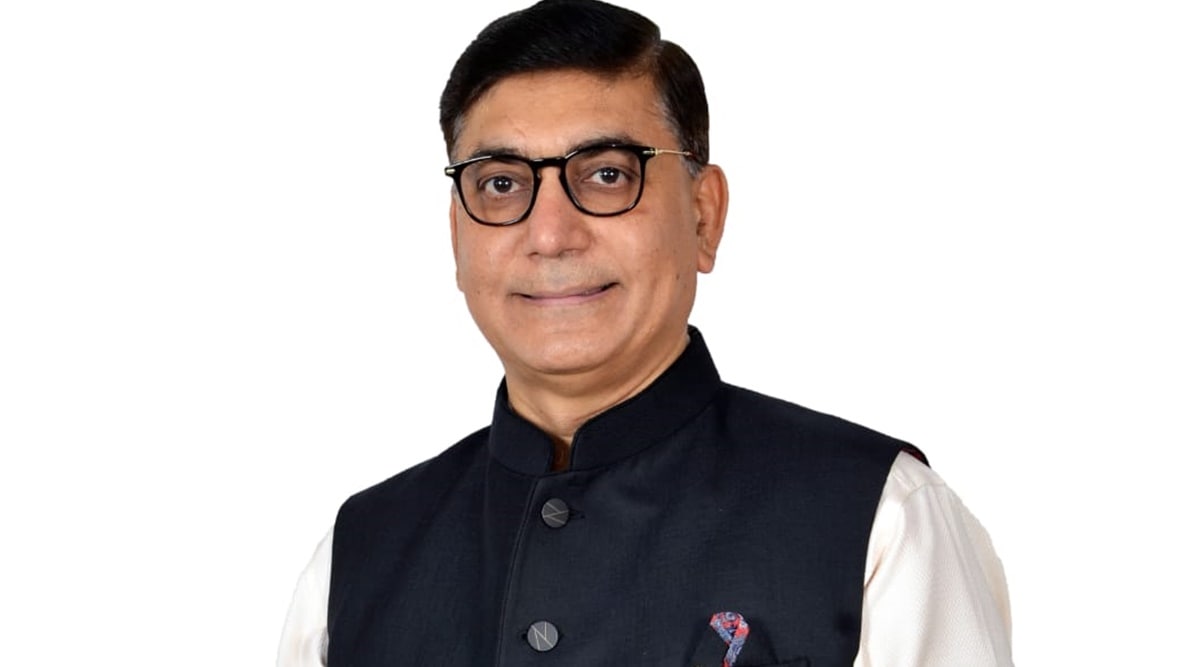 Varian senior managing director Ashok Kumar Kakkar
Varian senior managing director Ashok Kumar Kakkar One of the key challenges during the pandemic was to offer cancer patients continuous treatment, including radiotherapy. Ashok Kumar Kakkar, presently senior managing director of Varian (now a Siemens Healthineers company) and responsible for the business operations in the Indian sub-continent, told The Indian Express that how the company specialised in radiation oncology treatment stepped in to provide clinicians with software tools for remote treatment planning, allowing them to construct individual radiotherapy treatment plans from afar and so on. He is the former chairperson of FICCI Swasth Bharat task force and FICCI Medical Electronics Forum. Excerpts from an interview.
How did the oncology space in India get affected due to the Covid-19 pandemic?
All aspects of care, including screening, diagnosis, treatment, palliative care, and follow-up have been affected due to the pandemic. The impact of these delays is likely to be observed in the next few months when an increased number of patients might come up with more advanced diseases.
What are some of the challenges faced by patients and clinicians for accessing advanced cancer treatment in India?
Radiation therapy access needs to be addressed immediately. Out of the 718 districts, radiation therapy is available in less than 100 districts. The public and private sectors must work in unison and come up with innovative solutions that can provide inclusive care in the country. The major hindrances to early diagnosis and treatment were attributed to misinformation, absence of knowledge, low trust in public health services, and inadequate infrastructure, with 80 per cent of health expenditure occurring in the private sector.
How will strengthening technology infrastructure help ease the burden on the healthcare system for cancer care?
The use of artificial intelligence (AI) and machine learning (ML) to screen cases can help practitioners detect and treat early and provide a personalised care and treatment plan. Every district hospital should have the basic infrastructure to diagnose and treat cancer. It shall help reduce the burden in the rural area for patients who end up travelling long distances to seek care and then discontinue treatment when costs spiral up.
How can technological advancement in cancer care be aligned to work towards a more patient-centric approach?
Cancer care is becoming more ‘intelligent’ using biomarkers, personalised drugs, precision radiotherapy and proton therapy, and targeted immunotherapy. Technology can facilitate the flow of information and remove some of the divisions that currently exist between care specialists and primary care physicians. The overall goal is to share information, bridge skill gaps and create workflow efficiencies, improving treatment quality at lower costs. The use of software tools and automated processes will help oncology professionals globally collaborate and develop more precise and personalised cancer treatments.
- The Indian Express website has been rated GREEN for its credibility and trustworthiness by Newsguard, a global service that rates news sources for their journalistic standards.

